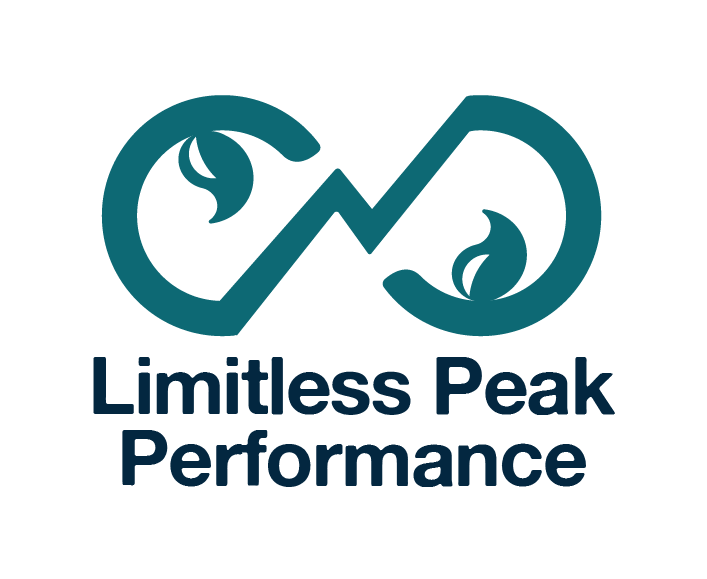What is Systemic Resilience?
And how can it help your business in the post-pandemic period?
You’ve probably heard the quote by the Greek philosopher Aristotle, “the whole is greater than the sum of its parts".
Personally, I struggle to think of a situation where this might not be the case. And when it comes to leading high-performance teams in high performing businesses, this couldn’t be more accurate.
To think of it another way, if it takes three firefighters to competently handle a high-pressure fire hose, but only two are performing at full strength, those two have to work much harder to compensate for the third.
If you’ve worked with me or talked about working with me, there’s a good chance we’ve had some kind of conversation about systemic resilience. Maybe you found yourself thinking, “What on earth is she on about now?” or perhaps “Oh no, that sounds like new consultant buzzwords”...
It’s ok, I get it. It’s a term that doesn’t typically feature in many of your everyday conversations. With that in mind, here’s a short article to explain what it actually is, and how it can help, which might be useful.
Who’s really responsible for building resilience?
Before we dive in, let’s think about who’s responsible for building resilience in individuals.
When it comes to building resilience into the individuals in your business, who do you think is responsible?
Is it the individual’s responsibility?
Or is it down to the wider organisation?
If you think it’s down to the individual, how does your organisation facilitate that?
How does the leadership tone, and the conditions your people work in affect their ability to be resilient?
Every organisation is different and this means there is a wide spectrum of support offered to teams depending on where they work, starting from basic signposting, right up to offering well-rounded programmes of in-house support and training.
But wherever you are within that spectrum, your wider organisational culture, tone and style will impact the real-life outcomes. This means that when I ask, “Who’s responsible for building individual resilience in your teams?”, I believe the answer isn’t the organisation or the individual. I believe it’s the organisation and the individual.
Because, just like you wouldn’t pour coffee into a broken mug, pumping energy and investment in, whilst it’s leaking out elsewhere, is futile. Yet that’s what happens when the organisational culture doesn’t support the individuals within.
How does systemic resilience work?
Systemic resilience uses different lenses to look at the whole and the components within it. For example, when considering how to build resilience, we (you and I) will look through three lenses to examine:
You as the individual
You as a team member
You as a leader
We do this because building a resilient team and organisation starts with you as the leader, and your ability to build your own resilience. However, this is only a part of the equation.
As a team member, you need to learn how your response to others who may be more, or less, resilient affects the team. For example, if you are a ‘mentally tough’ person you could adversely affect the resilience of less confident team members. In fact, it’s quite conceivable that you could cause a lack of resilience in others either by your behaviour or by dialling up their own awareness of how they feel they compare to their ‘tougher’ co-workers.
This can manifest itself when leaders don’t moderate their communication styles or by giving the impression that they view people who are less resilient as being in some way weak or less worthy.
In fact, a ‘good team member's contribution might well be having the ability to recognise when someone is less resilient and looking for ways to help them. After all, when everyone pulls in the same direction, it’s better for everyone!
And then finally we look at how your organisational leadership tone and style allows you to create and lead resilient teams.
There’s no surprise that the Health & Safety Executive’s Annual Report published in November 2020 found the most common reasons for absence due to work-related stress, depression and anxiety, were down to either a bad boss or a heavy workload.
It’s even less surprising to know that these two factors often go hand in hand. This is why it’s crucial for organisations to invest in training for leaders as individuals, as team members and as leaders.
Systemic resilience enables you to understand how building resilience in one area, impacts outputs elsewhere in the organisation.
How systemic resilience can help your business in the post-pandemic period
Returning to the headline of the article, how does systemic resilience help your business now, in the post-pandemic period?
The last 12 months has created previously unimagined change for your organisation and the people within it. Whether they have been personally affected by loss or illness, have been furloughed, or have worked throughout - perhaps ‘carrying’ the weight of reduced staffing levels and increased pressures, it’s unlikely that any individual in your organisation is quite the same person they were a year ago.
Those changes will inevitably affect team dynamics and, as a leader, you need the skills and emotional intelligence to navigate the waters in a way that doesn’t alienate individuals for how they have been affected. Previously highly competent leaders, maybe even you yourself, are likely to need to learn new skills and strategies for managing new business models, or for bringing teams back together in a cohesive manner.
By working with me, we work through the various lenses to first equip yourself with the skills and knowledge to build your own resilience, and then to understand how to carry that through to your teams, before finally understanding how to engender a cultural tone that builds resilience across the business as a whole.
To find out more about working with me, please book a free consultation via the button below.


